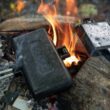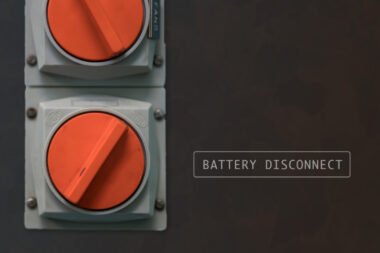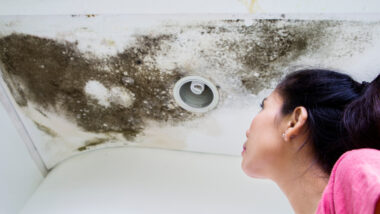Table of Contents Show
An RV furnace can let you use your RV without shivering through the night. However, being able to extend your camping season can come with some risks. The same RV furnace that keeps your RV warm can also create a deadly situation.
Today we’ll look at how you can stay safe but remain warm at the same time. Let’s get started!
Can Your RV Furnace Kill You?
You may need your RV furnace to stay warm while doing some cold weather camping, but it can be dangerous. Failure to inspect and do routine maintenance on your RV furnace can lead to a deadly situation.
You should check your RV’s furnace components at the beginning and end of each camping season. The key to staying safe is staying on top of maintenance and catching any failing parts or hoses before they can cause damage.
Carbon Monoxide: The Silent Killer
RV furnaces typically burn propane, which creates carbon monoxide. If the exhaust for the furnace isn’t in working order, this can cause the deadly gas to leak into the RV. RVs are typically small spaces and can quickly reach unsafe levels of carbon monoxide.
What makes carbon monoxide especially dangerous is that it’s poisonous and has no smell or taste. Your RV could be filling with carbon monoxide while you’re sleeping, and you may never wake up. There have been many stories of RVers falling victim to this deadly gas. You must regularly test all smoke and carbon monoxide detectors to be as safe as possible.
Pro Tip: Stay safe and install one of the best RV carbon monoxide detectors.

Types of RV Furnaces
There are a few different types of furnaces used in RVs. Let’s see what type you have in your RV and how to stay safe with it.
Forced-Air Furnace
A forced-air furnace sucks air in from your RV and blows it toward the heat exchanger. The air particles warm up as they pass over the heat exchanger and then travel through the air ducts in your RV.
A forced-air RV furnace typically relies on the 12V system to power the electrical components. The heat source typically uses propane, so you must ensure your tanks are full before heading out.
Ventless Propane Heaters
Some RVers will modify their RV to use a ventless propane heater. Those who choose a ventless propane heater use it as a supplemental heat source in their RV. This additional heat source is a great choice as it doesn’t use much electricity to keep your RV warm. This is an enormous benefit if you’re planning to do a lot of boondocking or dry camping.
Keep in Mind: Battery efficiency and stability is crucial when boondocking, and we’ve found the best available RV battery.
Safety is always the largest concern when upgrading or modifying your RV. It’s important to verify the ventless propane heater is rated for RVs. These heaters often require you to open a window to provide oxygen. These units typically contain an internal oxygen sensor that shuts down the unit if the oxygen levels aren’t safe.
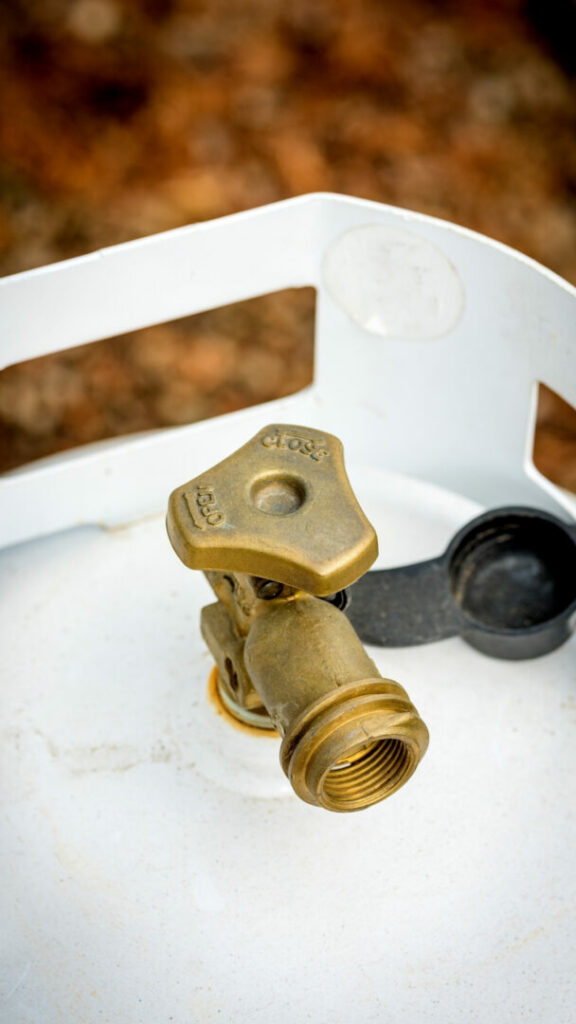
Electric Heat Pump
When you use an electric heat pump, it uses electricity to heat the air instead of propane. As its name indicates, the heat pump utilizes a pump to move warm air around the RV. A heat pump will pull warm air from outside and pump it into the RV. It’s a tremendously efficient way to keep your RV warm.
Heat pumps use a massive amount of electricity. Make sure you’re plugged into shore power because they’ll drain even the largest battery banks incredibly quickly.
Can an RV Furnace Cause a Fire?
If carbon monoxide poisoning isn’t enough, an RV furnace can cause a fire as well. You should regularly inspect your RV propane system to ensure there are no faults that could be unsafe. You can pay professionals to check your system to ensure it’s as safe as possible.
Another danger with RV furnaces is that animals can build nests in the components. Rodent nests can catch fire when exposed to heat. It essentially starts a fire deep within your RV. When you realize there’s a fire, it may already be too late to do anything about it. RV fires can quickly get out of hand and result in a complete loss of the RV, which is why fire prevention is so important.
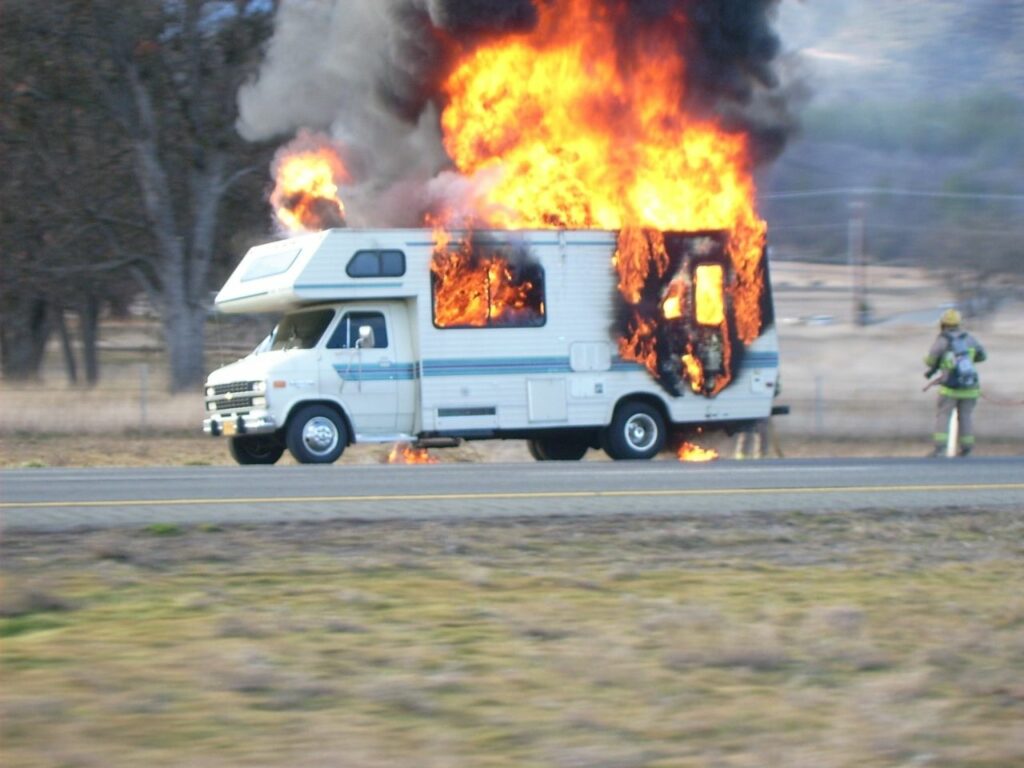
RV Furnace Safety Tips
There are a few things you can do to stay safe while RVing and using your furnace. Here are our tips to keep you safe while camping in cold weather.
Use a Carbon Monoxide Detector in Every Room
Your RV may only have come with a single carbon monoxide detector. While RVs are relatively compact, you should have multiple detectors. You should also regularly test your detectors to make sure they’re fully functioning. Having carbon monoxide detectors in every room does absolutely no good if the batteries are dead.
Keep Up to Date Fire Extinguishers in Your RV
Having an expired fire extinguisher isn’t going to be helpful should you need it. Many RVers add additional fire extinguishers throughout their RVs for added safety. It’s also essential that everyone in your RV knows how to use the extinguisher. If a fire broke out, your kids should also know how to use the extinguisher.
Use Smoke Detectors in Your RV
While there’s a good chance your smoke detector will alert you that someone is cooking in your RV more than it will that there’s an active fire, they’re still a must. Smoke rises, and smoke detectors often sit at the highest points in RVs. This helps ensure that as soon as smoke enters your RV, you know.
Even if your alarm is over-sensitive, don’t take the batteries out. If you do, there’s a good chance you’ll forget to put them back in when you finish cooking. If you ever need your smoke detector to do its job, it won’t be able to.
Have a Working LPG Alarm
An LPG alarm is similar to a smoke detector, but it alerts to propane, butane, isobutene, LPG, and natural gas. These are typically mounted just above floor level in an RV kitchen. It helps avoid poisoning from some of the most common gases you might encounter while in your RV. If an LPG alarm activates, you need to investigate the situation immediately. You should also regularly test your alarm to ensure it’s working.
RV Furnaces Are Typically Safe and Effective Ways of Heating Your RV
If you regularly inspect and use your RV’s systems, an RV furnace is incredibly safe. It’s an effective and efficient way to heat your RV and stay warm while camping in colder weather. Do you enjoy RVing in colder weather?


